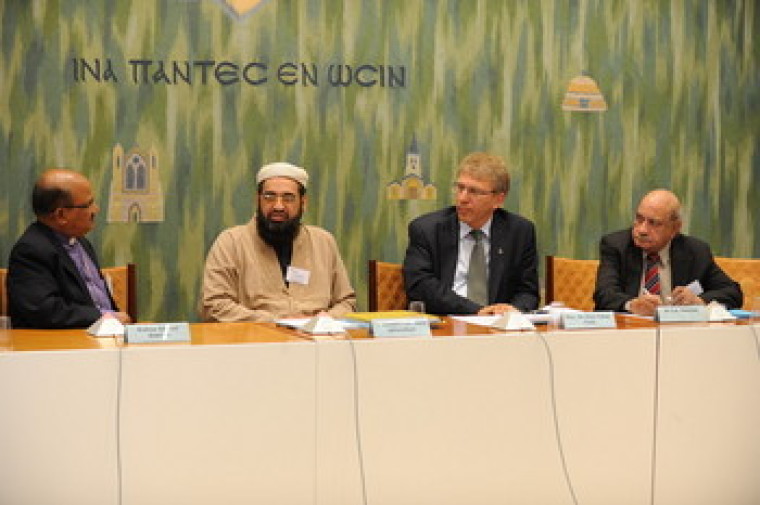
The participants asked the Pakistani government to "constitute a competent Inquiry Commission immediately to look into the tragic consequences of the blasphemy law and suggest a way out of this difficult and embarrassing situation." The participants represented diverse faith communities including Christians, Muslims and Hindus, as well as civil society groups.
The participants "affirmed the need for the civil society to help the commission in its deliberations, monitor its progress and keep the communities informed."
"Tinkering with procedural amendments has not delivered; it has failed to mitigate extremely sad consequences of a law that is inherently susceptible to abuse," the group said in a communiqué released at the closing.
The blasphemy law is part of the Penal Code of Pakistan. The WCC communiqué argues that the law, as amended in the 1980s, is "vaguely formulated and arbitrarily enforced by the police and judiciary" and "has become one of the most stringent laws in the country".
The public hearing discussed various action plans for global advocacy proposed by the participants as outcomes of their working group discussions. "The CCIA will take a lead in identifying the priorities from among the proposals and evolve strategies to facilitate advocacy through the WCC constituency and the international community at various levels in order to address negative impacts of the blasphemy law and violations of the rights of religious minorities in Pakistan," said Dr Mathews George Chunakara, director of the CCIA.